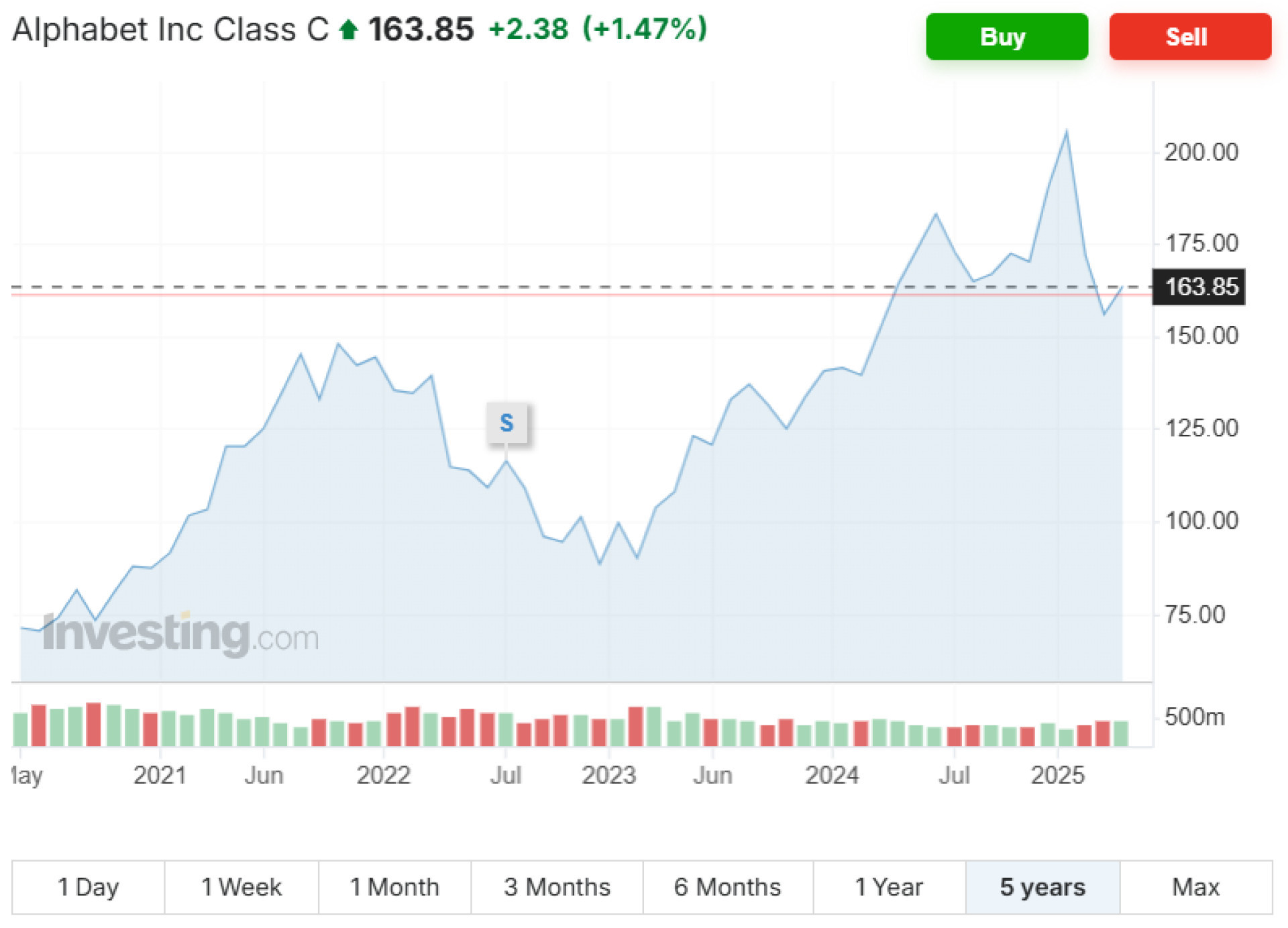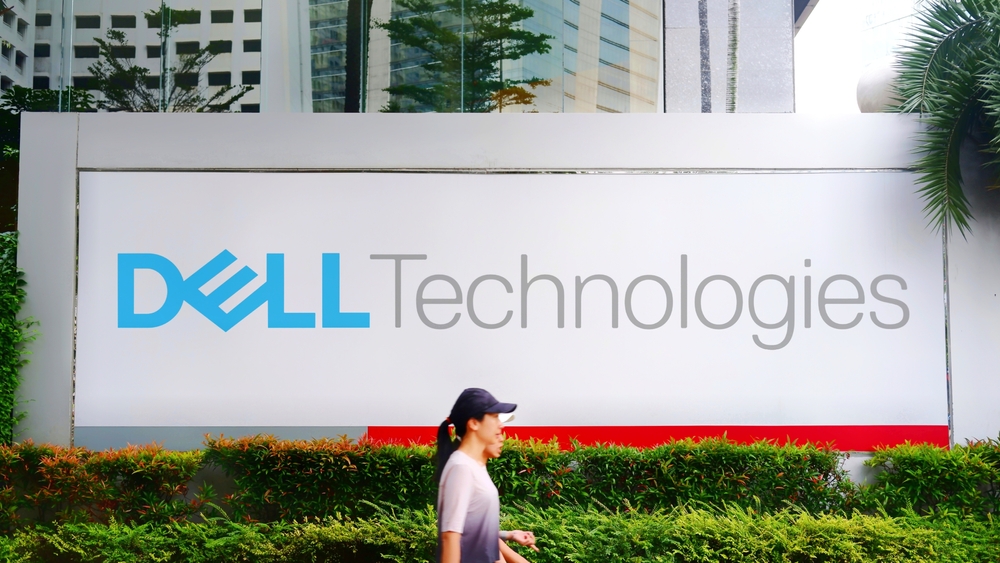Outperformed Market Expectations
Alphabet reported a 12% year-over-year increase in consolidated revenue for the first quarter, reaching more than $90 billion. This exceeded analyst estimates from LSEG, which were below this threshold. The company saw even stronger growth in operating income, which rose by 20%, with an operating margin of 34%—a 2% year-over-year improvement. Alphabet's profit was also robust at more than $34 billion, representing a 46% increase. Earnings per share came in at $2.81, beating LSEG expectations by $0.80.
Growth Driven by Google
This growth was traditionally fuelled by revenue from Google's core search engine, YouTube’s advertising segment, subscriptions, and the Google Cloud division—all of which recorded double-digit growth. According to Alphabet CEO Sundar Pichai in the earnings report, the key driving force behind this performance is their approach to artificial intelligence. This includes innovations like AI Overviews, which boosted user engagement in search. The only segment that saw a decline was "Other Bets," which includes subsidiaries like Waymo.
Support for the Stock
Bold investments in AI have paid off, particularly with the growth in Alphabet's main business segments. Investors took notice, and on Friday, April 25, 2025, following the earnings release, Alphabet's stock rose by around 3%.* The company plans to continue heavily investing in this area, with an additional $75 billion earmarked for AI initiatives this year.
As of April 25, 2025, Alphabet’s Class C shares closed at $163.85. Year-to-date, the stock had declined about 14%, largely due to global macroeconomic conditions and broader selloffs in the tech sector.* Compared to a year ago, the decline was milder—around 5%—which could serve as a positive signal for investors to enter at a lower price point. [1] Over a longer 5-year horizon, however, the stock remains in the green, up 129% compared to its April value.*
Alphabet Stock Performance Over the Last 5 Years (Source: Investing.com)*
Advertising Threatened by Tariffs
While investors were partly encouraged by the fact that AI spending is starting to pay off, Alphabet warned that a key challenge this year could be the end of the de minimis trade exemption. Starting in May, even shipments valued under $800 will be subject to a 30% tariff—or $25 per item—with that fee rising to $50 in June. This loophole has been heavily used by Chinese retailers like Temu and Shein, who have spent billions on aggressive marketing and advertising. However, according to Reuters, this trend has already started to slow significantly since early April. For Alphabet, the end of this exemption could impact its online advertising revenue, especially from these major spenders. Still, according to CNBC, the company has strategies in place to navigate uncertain times and knows how to support its clients when consumer behaviour shifts.
* Past performance is not a guarantee of future results.
[1] Forward-looking statements are based on assumptions and current expectations, which may be inaccurate or subject to changes in the current economic environment. Such statements are not guarantees of future performance. They involve risks and other uncertainties that are difficult to predict. Actual results may differ materially from those expressed or implied in any forward-looking statements.





